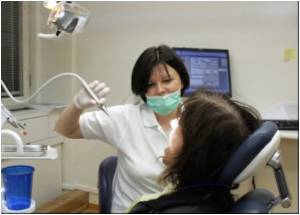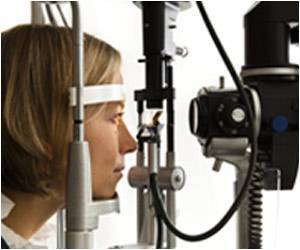Last week, a 24-year-old American father, Kyle Willis from Cincinnati, died of a wisdom tooth infection. Many blame the tragedy on the US health care system.

Conservative bloggers blame it on the victim, saying it was his decision to take painkillers instead of antibiotics and that his choice was wrong. They write that emergency room doctors had given the man a prescription for painkillers and antibiotics, and he had 'chosen' to fill the prescription for painkillers.
In my opinion, the man must have been in excruciating pain to have chosen the painkillers over antibiotics. As a result, the infection soon spread to his brain, and he died.
The question is, why did the patient have to choose between the two medications? The antibiotics commonly prescribed for dental infections are generic. Amoxicillin and penicillin, two of the antibiotics are available from Wal-Mart for $4. So why couldn't the hospital treat him, keeping in mind the gravity of the situation? If the doctors had prescribed something more expensive like Erythromycin, at about a $100, they could have first saved his life and then gone about getting their few thousand dollars back from the poor man.
Again, a blogger writes, "Even if this guy had health insurance, his drugs would not have been free - they're not free in the UK and they're not free in Canada. People with insurance in the US have co-pays."
Others opine that if the patient was not willing to spend $25, or lesser than that, on life-saving antibiotics, it's not a failure of the health care system - but a failure of the job market, the welfare system, or his own decision-making. It is also not a problem that any feasible health care reform is going to fix.
Advertisement
Developed countries like the US have the best hospitals and doctors in the world. A tragic situation like the one being discussed can't be blamed simply on the safety net, or the lack of a well-paying job. It is a problem of the whole ethics of health care in that nation.
Advertisement
Source-Medindia













